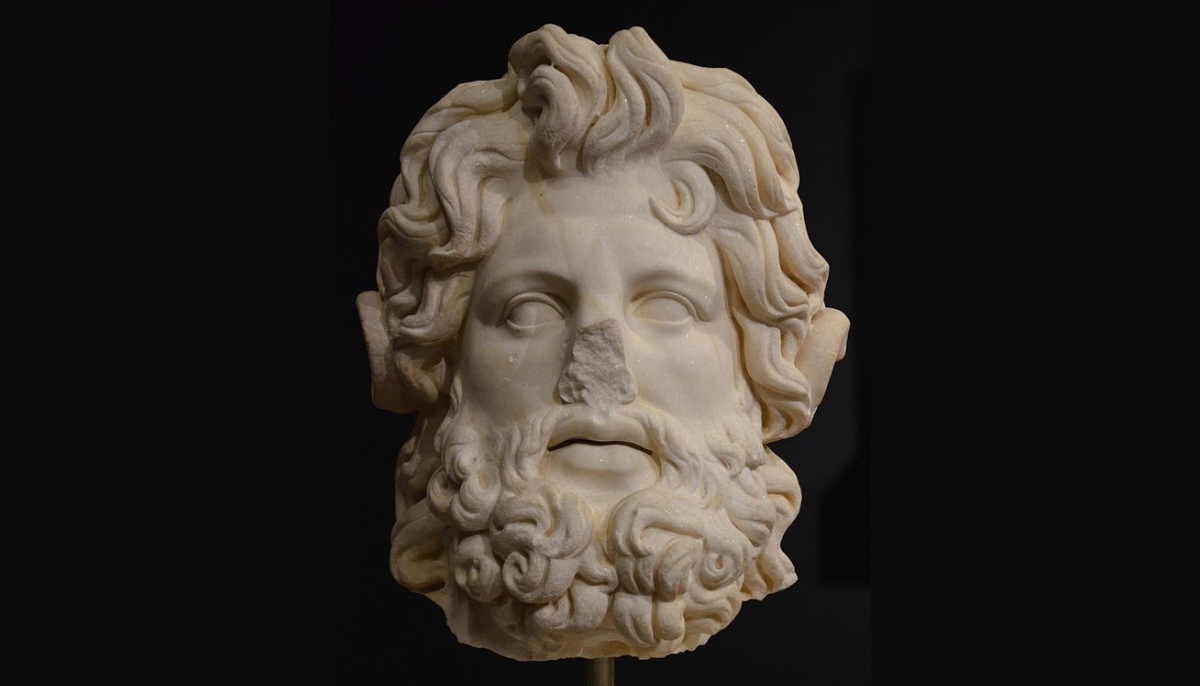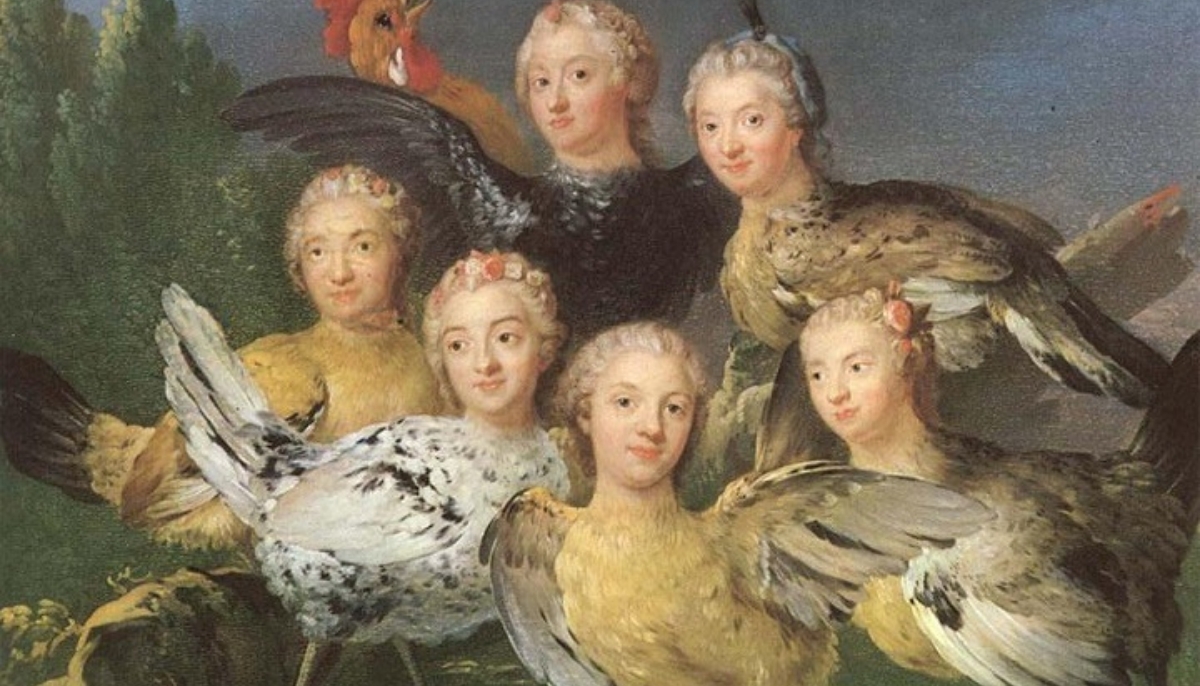Alexander the Great was fascinated with the Zeus Ammon, a deity that combined aspects of Greek and Egyptian mythology.
This interest led Alexander on a significant journey to the Siwa Oasis in Egypt, home to the oracle of Ammon.
This article explores Alexander’s encounter with the oracle, how it shaped his life, and the mythology he crafted around his divine lineage.
Who is Zeus Ammon?
Zeus Ammon, or Amun, is a hybrid deity worshiped by ancient Greeks and Egyptians. In Greece, Zeus reigned as the supreme god, while in Egypt, Amun was associated with creation and fertility.
The Greeks were known for adopting gods from other cultures, a practice called religious syncretism. This openness led to Amun becoming Zeus Ammon in Greek belief.
The Siwa Oasis, a crucial center for Amun worship, gained prominence among Greeks after the legendary visit of Heracles, another figure from Greek mythology.
Alexander the Great and Oracles
Alexander the Great was deeply influenced by oracles and prophecy, a common sentiment at the time. The oracle at Siwa was particularly significant because it was dedicated to the god Amun.
Alexander’s journey to consult the oracle at Siwa was not just an isolated event but part of a broader pattern.
Throughout his life, he adapted and integrated elements of his conquered cultures, including religion. His marriage following Persian customs serves as another example of his cultural adaptability.
Alexander’s visit to the Siwa oasis
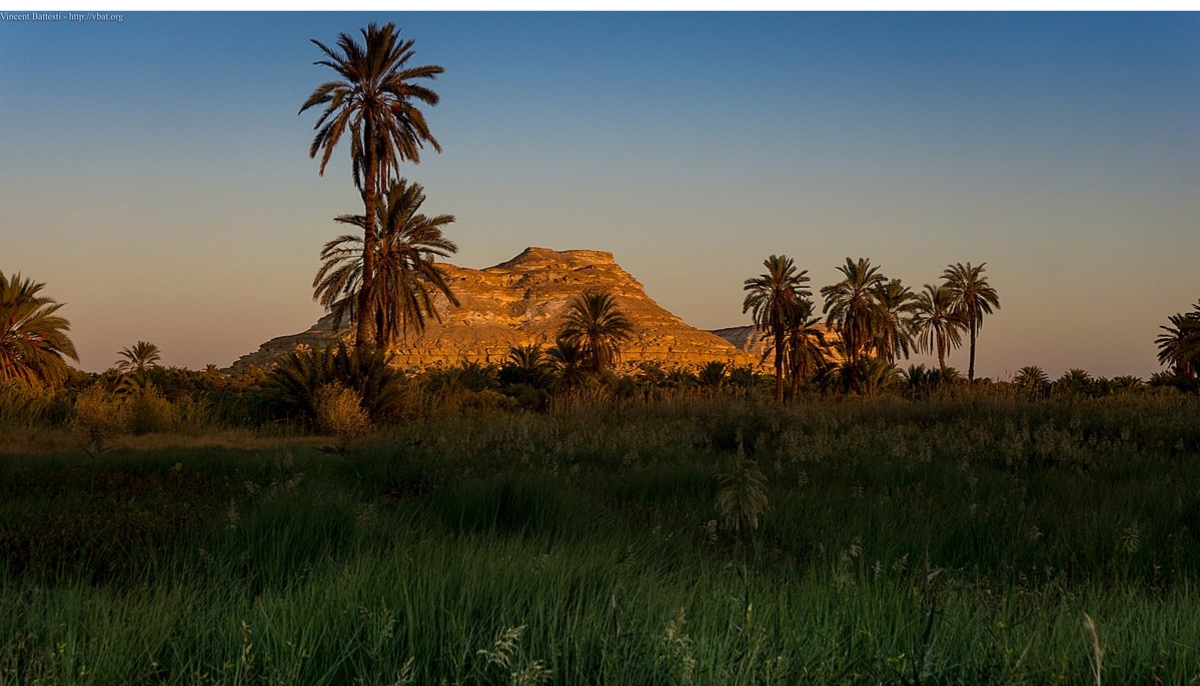
In the pivotal year of 331 BC, Alexander the Great veered off his military campaign trail to make a detour. The allure? The mysterious Siwa Oasis tucked away in western Egypt near the Libyan frontier.
Revered as a sacred sanctuary for Amun, an Egyptian god of paramount importance, the oasis was more than a mere curiosity—it was a nexus of divine revelation.
The Journey: A Calculated Risk or a Roll of the Dice?
Historians have long pondered whether Alexander’s journey to Siwa was a strategic maneuver or an audacious detour influenced by personal belief.
Whichever the case, the expedition was anything but easy. As chronicled by Plutarch, the ancient biographer, Alexander’s entourage had to traverse the unforgiving Libyan Desert.
In a landscape where temperatures soared and water was scarce, they also faced unpredictable attacks from indigenous tribes. The path was fraught with danger, a crucible that would either affirm or shatter Alexander’s ambitions.
Alexander’s arrival at Amun’s Temple
The moment Alexander set foot in the temple, an extraordinary event unfolded. The high priest welcomed him with a title that would forever change his life: “Son of Zeus Ammon.”
The pronouncement could have been a fortunate error or a calculated recognition, but the impact was undeniable. Alexander embraced this newfound identity with zeal, weaving it into the fabric of his royal image and self-conception.
Prophecies That Shaped an Empire
This consultation with the oracle of Amun wasn’t merely a spiritual experience for Alexander; it was a watershed moment that defined his future course.
According to ancient sources, the oracle proclaimed not only Alexander’s divine lineage but also an invincible destiny.
He was fated to be a world conqueror, a destiny to which he would not fall short.
While the oracle also purportedly revealed something so extraordinary that Alexander felt compelled to write to his mother, the details remain veiled in mystery to this day.
Alexander’s lifelong association with Zeus Ammon
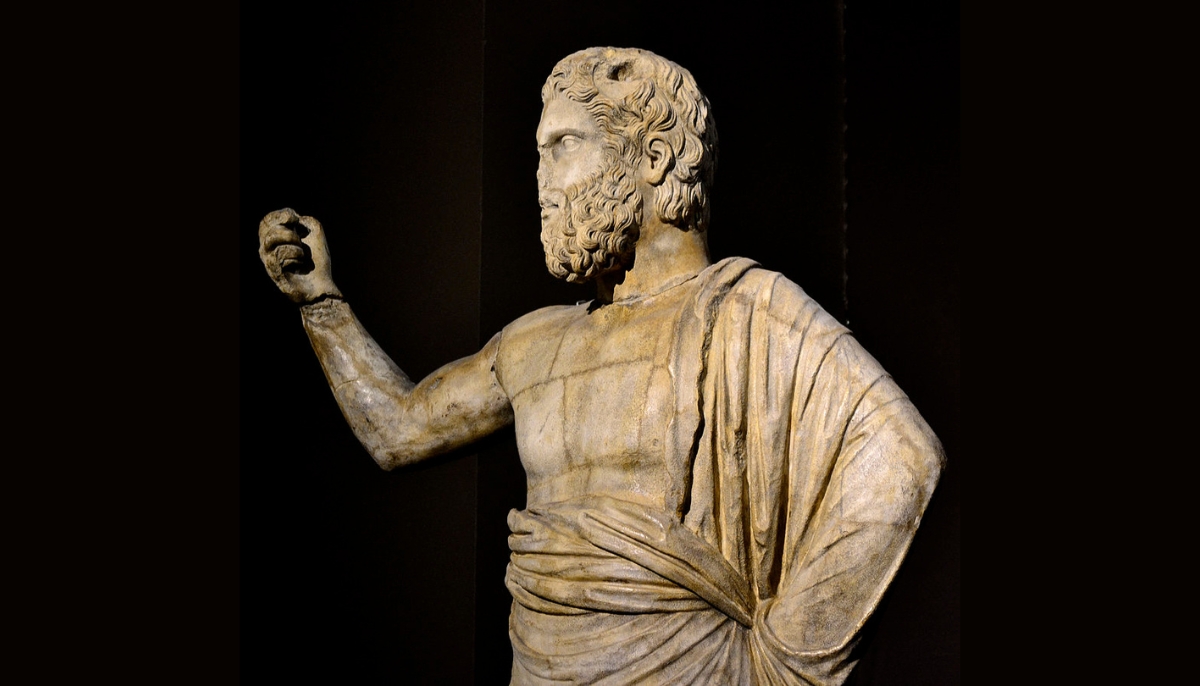
The transformative experience at Siwa Oasis left a mark on Alexander the Great, forging a deep, lifelong connection with the deity Zeus Ammon.
This divine affiliation wasn’t merely symbolic; it became integral to Alexander’s royal image and his rule’s legitimacy.
Emulating Divine Posture
Alexander took his association with Zeus Ammon beyond mere belief. He sought to infuse his royal presentation with the aura of the divine.
Inspired by statues of Zeus Ammon, which often depicted the god with a raised arm bestowing blessings, Alexander adopted this iconic posture into his imagery.
The message was clear: like Zeus Ammon, Alexander was not just a ruler but a divine benefactor.
Rituals and Prophecies in Foreign Lands
Alexander’s faith in his divine heritage continued to shape his actions, even as he ventured into distant territories like India.
He reportedly performed elaborate sacrifices at the Indian Ocean, possibly seeing them as a fulfillment of the prophecies he had received in Siwa.
Seeking Oracle Wisdom in Times of Loss
When his close friend and lover Hephaestion died, Alexander’s faith in the oracle remained unshaken. Grief-stricken, he sent envoys to Siwa Oasis, seeking guidance from the prophet who once confirmed his divine lineage.
The Afterlife of a Divine Image
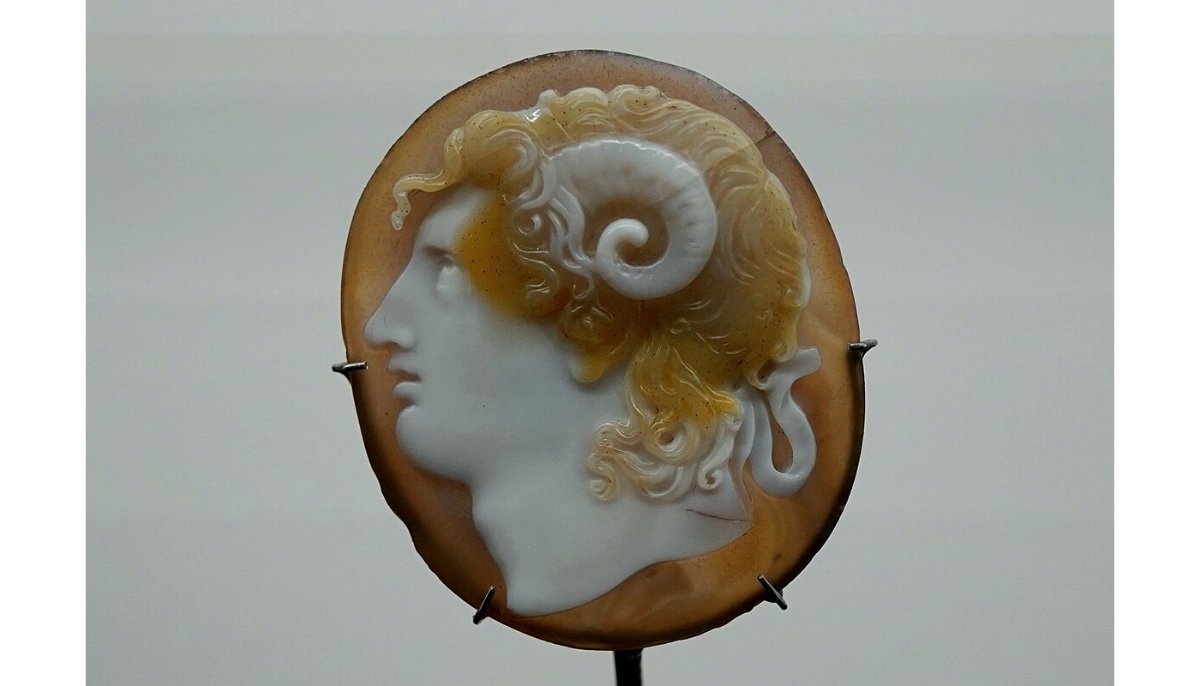
Even after Alexander’s death, the connection with Zeus Ammon persisted. His successors in the Hellenistic era frequently minted coins bearing his likeness adorned with horns, a symbol strongly associated with Zeus Ammon.
This enduring imagery helped not only immortalize Alexander but also legitimize the reigns of those who followed.
Divine Heritage or Masterful Propaganda?
Did Alexander genuinely believe in his divine sonship, or was it an elaborate narrative to consolidate power?
The question remains open to interpretation. What is evident, however, is the effectiveness of this imagery as a potent political and psychological tool, one that not only propelled Alexander’s ambitions but also cemented a legacy that transcended his mortal life.
The Impetus for Divine Association: A Closing Thought
While the impulse to claim a divine or semi-divine lineage wasn’t unique to Alexander, it had multifaceted implications.
In an era where rulers frequently grappled for legitimacy, asserting a divine connection fortified one’s right to rule, a religious endorsement in a world rife with power struggles.
Moreover, the aura of divinity could wield psychological power, eliciting both awe and fear. This dual-edged sword not only secured loyalty among subjects but also served as a deterrent to would-be challengers.
Alexander’s persistent affiliation with Zeus Ammon, therefore, was not merely a personal belief but a calculated strategy that fortified his reign and amplified his legend.
